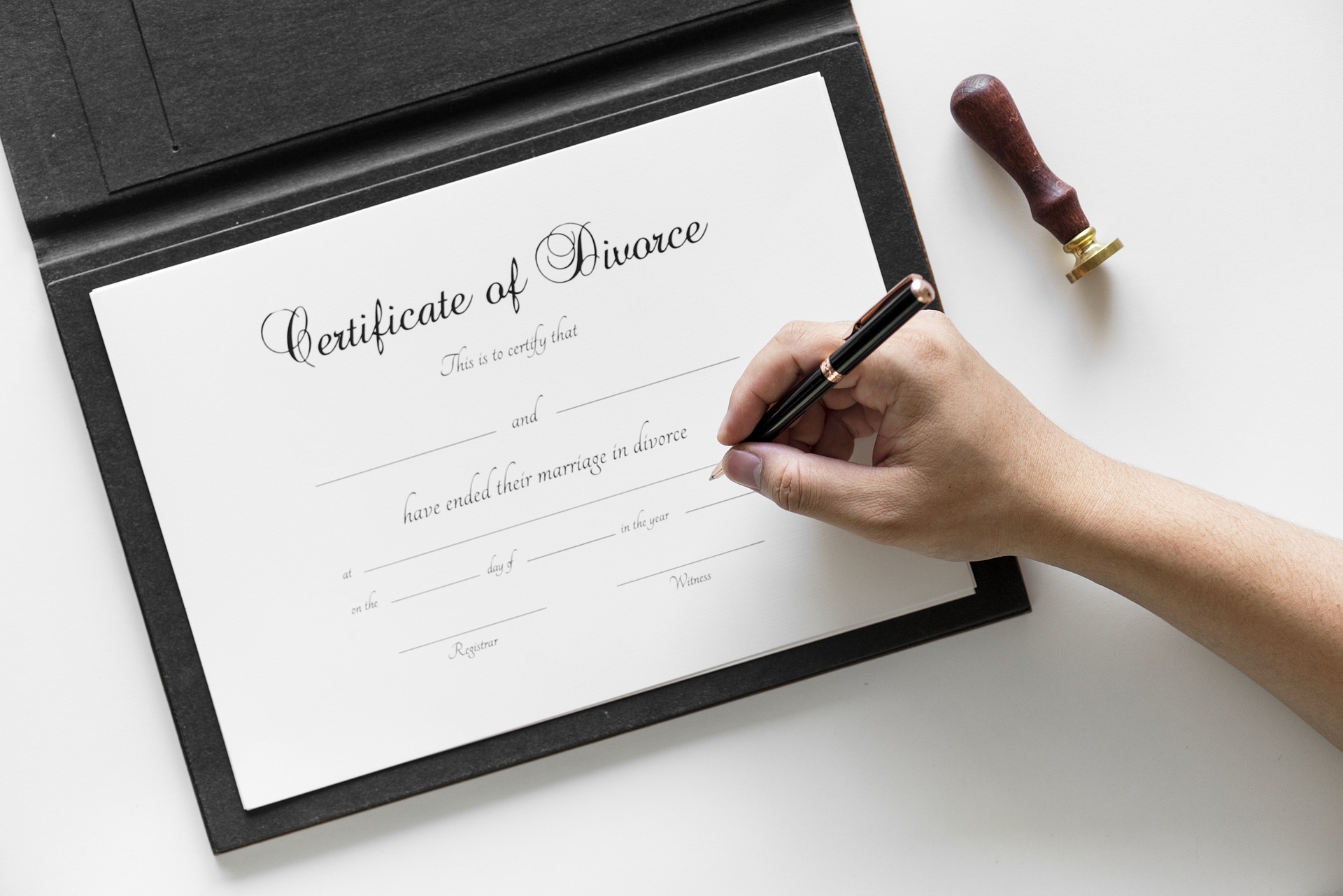
20 Mar What happens to beneficiary designations in divorce?
Photo: pixabay.comQ. Does the law automatically revoke beneficiary designations for both wills and life insurance policies upon divorce? After my divorce, I revised both my life insurance and will to reflect the percentages for both to my ex in the marital settlement agreement. Without an agreement, would the beneficiary revocation law take precedence?
— Single soon
A. When a couple divorces, it’s important that the parties make sure their agreement explicitly states any obligation, or lack of obligation, to carry a life insurance policy to benefit your ex-spouse.
Typically, a life insurance policy is maintained by the payor spouse for the benefit of the payee spouse when an alimony obligation exists, said Jeralyn Lawrence, a family law attorney with Lawrence Law in Watchung.
“In so doing, the payee spouse will be able to recover alimony for the agreed upon term, even in the unfortunate and untimely passing of the payor spouse during the alimony term,” she said.
Lawrence said if the separation agreement provides an obligation to maintain a life insurance policy in order to secure alimony by the payor spouse for the benefit of the payee spouse, then the beneficiary designation will not be revoked upon divorce and the beneficiary will receive life insurance proceeds in accordance with the separation agreement upon the payor’s untimely passing.
This separation agreement constitutes the “governing instrument,” “court order,” and “contract” contemplated in N.J.S.A. 3B:3-14 that would lawfully preserve the designation even after divorce, Lawrence said.
“However, litigation would likely be afoot if an alimony obligation exists in your separation agreement, and the agreement is silent on whether a life insurance policy is required to secure alimony by the payor spouse to the payee spouse, and the payor spouse passes away prior to the conclusion of the alimony term, yet continued to maintain the former spouse as a beneficiary of a life insurance policy, perhaps unknowingly,” she said.
In this instance, the language of the separation agreement will be critical in determining if the payee spouse has any right to cover life insurance proceeds to satisfy the alimony term.
Should there be a waiver of alimony in your separation agreement, and the agreement provides that neither party shall be obligated to maintain a life insurance policy for the benefit of the other party, N.J.S.A. 3B:3-14 dictates that the former spouse beneficiary will be revoked by law subsequent to the divorce, absent a governing instrument to the contrary, Lawrence said.
“Should an agreement be silent all together on either party’s obligation to maintain a life insurance policy, and without another governing instrument to the contrary, N.J.S.A. 3B:3-14 automatically revokes a former spouse beneficiary designation subsequent to divorce, and absent a governing instrument to the contrary,” she said.
It is extremely important that these details and possibilities are vetted in your separation agreement prior to signing so that you are not forced to reopen what is often an already costly process, Lawrence said.
Email your questions to Ask@NJMoneyHelp.com.
This story was originally published in March 2019.
NJMoneyHelp.com presents certain general financial planning principles and advice, but should never be viewed as a substitute for obtaining advice from a personal professional advisor who understands your unique individual circumstances.

